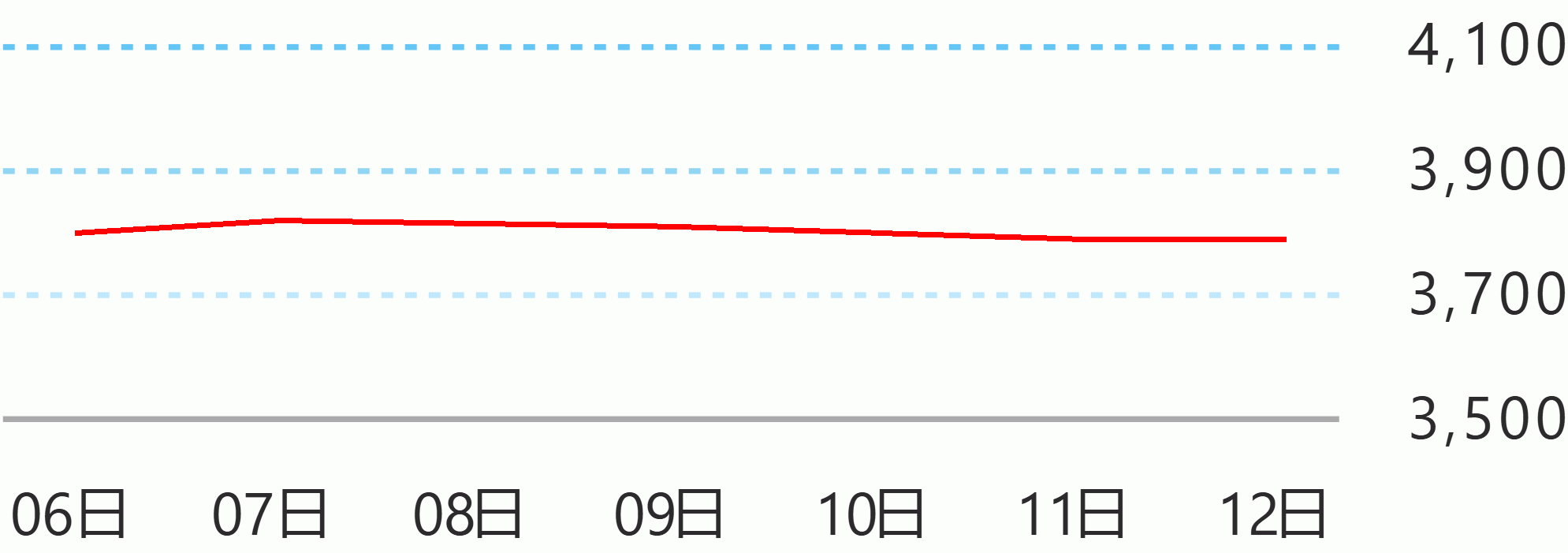The Philippine government deported a high-profile fugitive wanted for terrorism and organized crime in India, leading to his immediate arrest upon arrival in New Delhi.
The suspect, Joginder Gyong, also known as Gupta Kant, was apprehended by the Bureau of Immigration’s (BI) Fugitive Search Unit (FSU) in Bacolod City last year and was detained prior to deportation.
Gyong was deported from Manila on February 1, traveling via Bangkok to New Delhi, where he was immediately taken into custody by Indian authorities. His arrest is expected to provide further intelligence on international terror-crime networks.
Gyong, a known leader of an organized crime syndicate, is linked to numerous violent crimes, including multiple murders, extortion, and arms trafficking.
The move aligns with President Ferdinand Marcos Jr.’s strong stance against transnational crime, reinforcing the Philippines’ commitment to international security and law enforcement cooperation.
BI Commissioner Joel Anthony Viado lauded the coordinated efforts between Philippine and Indian authorities, emphasizing the significance of Gyong’s deportation. “Gyong was a serious threat, and we ensured his removal from our country,” he said.
The FSU, acting on intelligence from Indian authorities, tracked down and arrested Gyong in July 2024. He had been living under a false identity, using a fraudulently acquired Nepalese passport under the name Kant Gupta. He was the subject of an Interpol red notice and an open arrest warrant issued by Indian courts.
Gyong has been implicated in at least 26 serious criminal cases across multiple states in India. His offenses include murder, attempted murder, extortion, and kidnapping for ransom. He is also accused of procuring illegal firearms, organizing contract killings, and leading an extensive extortion network targeting businessmen and professionals. One of his most notorious crimes was orchestrating the 2017 murder of Jaidev Sharma in retaliation for the police killing of his brother, Surender Gyong.
Investigations revealed that Gyong played a key role in India’s underground criminal syndicates, working closely with terror-linked networks. Authorities suspect he facilitated weapons and narcotics smuggling, harboring fugitives, and laundering illicit funds. His deportation is expected to shed light on deeper international terror-crime connections. BI News





 English
English









